Even though digitalisation has reached the industry years ago, we regularly discover areas that can still be improved with new technologies. Being an important pillar of Germany’s economy, the industry provides a highly attractive target group for new B2B solutions. We support innovative ideas that bring further progress to this area.
Portfolio Startups in this area



Industrial Analytics is an industrial IoT B2B vertical company with the aim to support the German industry and machine operators with digitalization. The core product are cross-linked machines and new data driven services in order to increase availability and reduce OPEX. The benefit of improved machine monitoring is not only a reduced maintenance cost through predictive maintenance but also through improved efficiency and increased flexibility as well as the prevention of unplanned downtime.
The technology is covering the whole chain from sensor to analytics (fog computing). With an edge device even sensitive data on vibrations and like structure-borne sound are detected and preprocessed. The reliability of the machine monitoring is significantly improved by the use of physical models (digital twin).
Industrial Analytics was founded in November 2017. The founders are six people who for several years worked together at a renowned manufacturer of turbomachines and AI expert Prof. Dr. Tobias Friedrich from HPI, Chair for Algorithm Engineering.

[Former Portfolio Company]
Synfioo is a cloud service that predicts and visualizes disturbances in supply chains in real-time. In logistics, small disruptions in the supply chain can cost millions. Synfioo makes it possible to warn shippers, drivers, and transport planners at an early stage about any disturbance and their consequences. Complementing any existing systems, Synfioo accordingly enables automated transport planning. This result means significant savings for any logistic company.
Synfioo GmbH was founded in October 2015 by three HPI alumni. Dr. Anne Baumgrass, Dr. Andreas Meyer, and Marian Pufahl, staff at Prof. Weske’s chair, were lead researchers in methods for real-time processing and the prediction of disruptions in the supply chain. The creation of Synfioo resulted from these activities and feedback from the logistics industry. Since March 2016, Synfioo has been in operation at its first customer Jan de Rijk Logistics, one of the leading providers of logistics services in Europe.

Cultway’s mission is to enable everyone to share their knowledge by creating high-quality video content with a snap of their fingers. With its simple no-code SaaS application, users can turn simple text into animated infographic videos. Algorithms from the field of NLP and generative AI are used to analyse the text and suggest content that the user can further adjust. The startup initially targets companies that can use the tool to create training courses and onboarding material or to make internal communication more appealing. Also, the software allows media companies and content creators to quickly transform articles into videos.

Carmino provides a solution for consumer and businesses that automatically tracks and analyzes data from mobility behavior.
Use cases are 1. Sustainability reporting for enterprises which need data about employee commute, 2. Driving employee engagement in sustainability with an eco employee benefit, 3. Carbon management tool for consumers who want to take climate action.
Carmino was founded in March 2020 by Tobias Waitschies, Nick Jokič and HPI alumnus Philipp Hommelsheim.
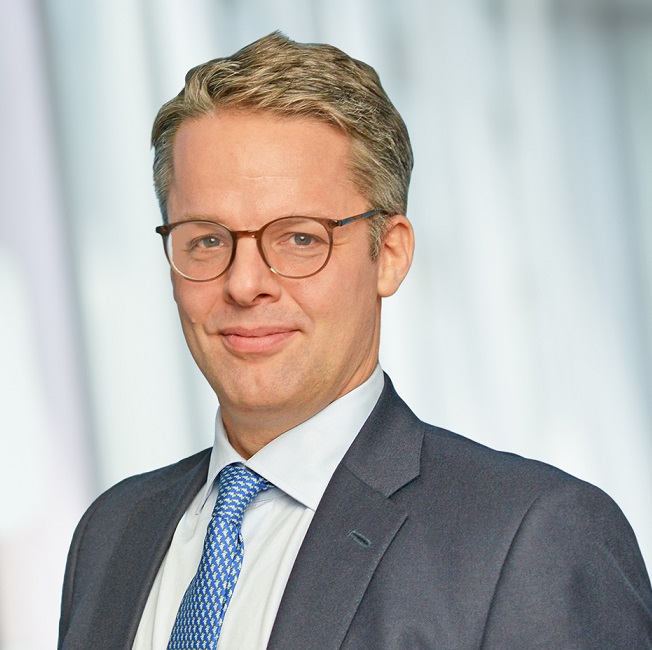
Jens started at the HPI Seed Fund as a Venture partner in 2021. He is a partner at Cowen Europe AG, a leading international Investment Bank where he focuses on M&A and Equity Financing in the Software sector. He has dedicated his career to working with startups and software companies on achieving their fullest potential through precise positioning and financing. He is particularly passionate supporting young startups in meeting the critical challenges of early growth.
Prior to working at Cowen he worked as an investment manager at Hasso Plattner Ventures and was the personal advisor of the president of the German Institut for Economic Research (DIW).
Jens holds a Ph.D. from the Europa-Universität Viadrina in economics with a focus on applied econometrics and statistics. He studied at the Freie Univesität of Berlin and the Tel Aviv University and was a research fellow at Georgetown University.
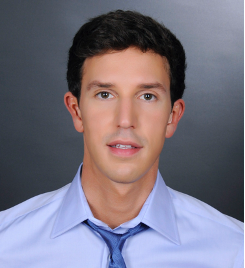
Robin Staszek has been Senior Manager Direct Investments for the Hasso Plattner Foundation since May 2019.
With his passion for innovation and advancing business models he enjoys to back entrepreneurial activity in all its facets and create strong network effects throughout the entire portfolio.
After graduating as M.Sc. in International Finance, he gathered several years of experience as a financial analyst with various major German companies.
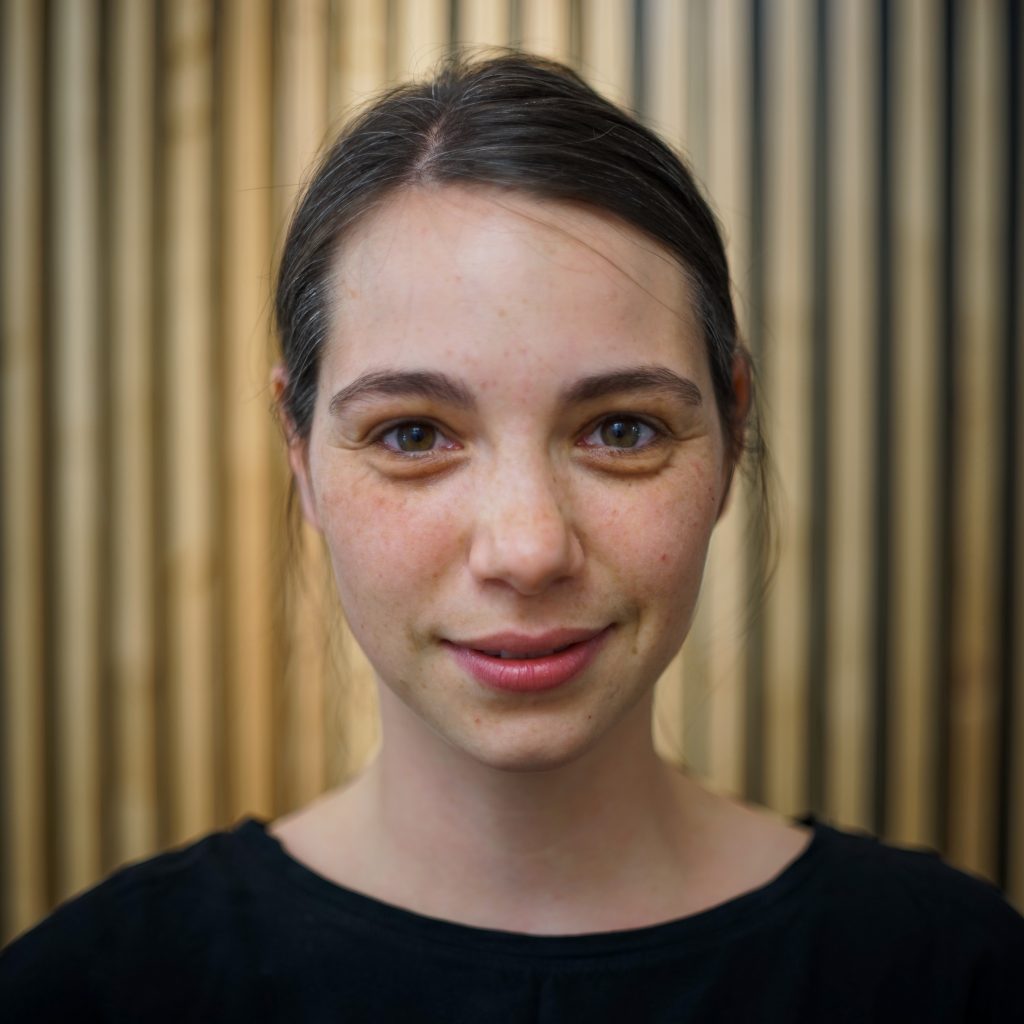
Rebecca studied art history in Jena and Lyon and museum management in Berlin. During her studies, she worked at the BMW Foundation Herbert Quandt, where she organized the Global Social Intrapreneurship Summit, among other things.
Inspired by innovative approaches and new event formats, she was subsequently responsible for the organization and implementation of various challenging workshops on an international level at the HPI Academy.
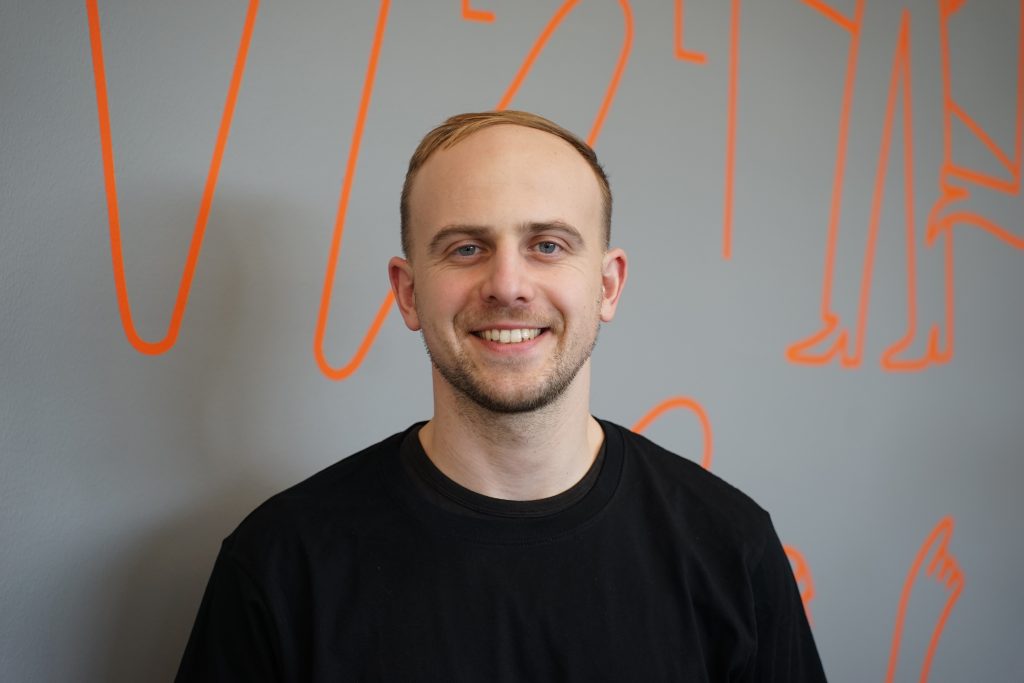
Michael holds degrees in Industrial Engineering from TU Dresden (B.Sc.) and a Double Degree from TU Berlin, and Tongji University Shanghai (M.Sc.), including abroad studies in Shanghai.
His work experience includes positions as a Data Scientist at BMW and Bosch, as well as a Digital Policy Advisor at the German Parliament.
Additionally, he has co-founded a Legal Tech company and is currently pursuing a Ph.D. with a focus on AI-powered venture building.
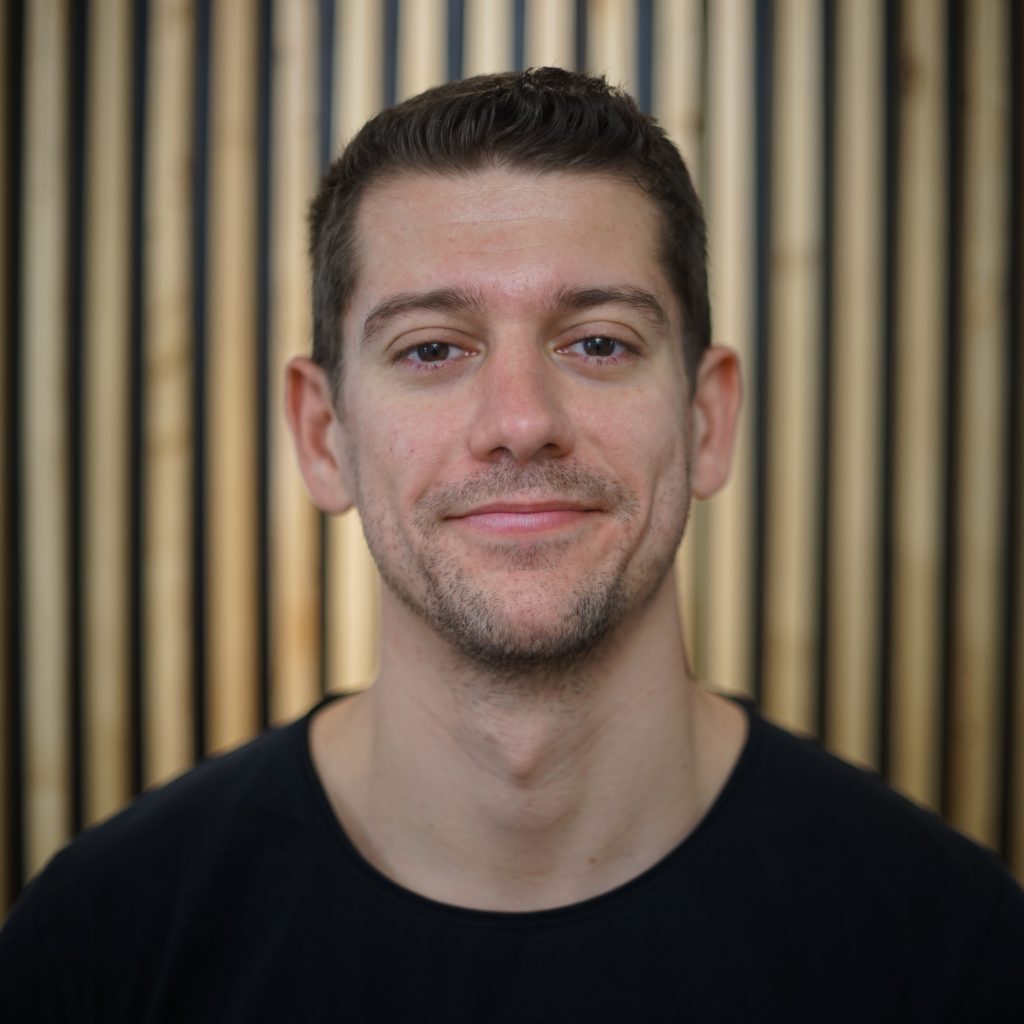
After his studies he focused on the innovation area of legal-tech and worked as Head of Business Development for one of the leading German providers in the field of document automation, where he was responsible for sales and strategy issues in particular.
He is pursuing a Ph.D. in the field of legal tech at the University of Leipzig and researches on the digital potential of European company law.
Since December 2019 Maximilian has been an Investment Associate at the HPI Seed Fund, where he advises various teams and prepares Pre-Seed and Seedrounds.
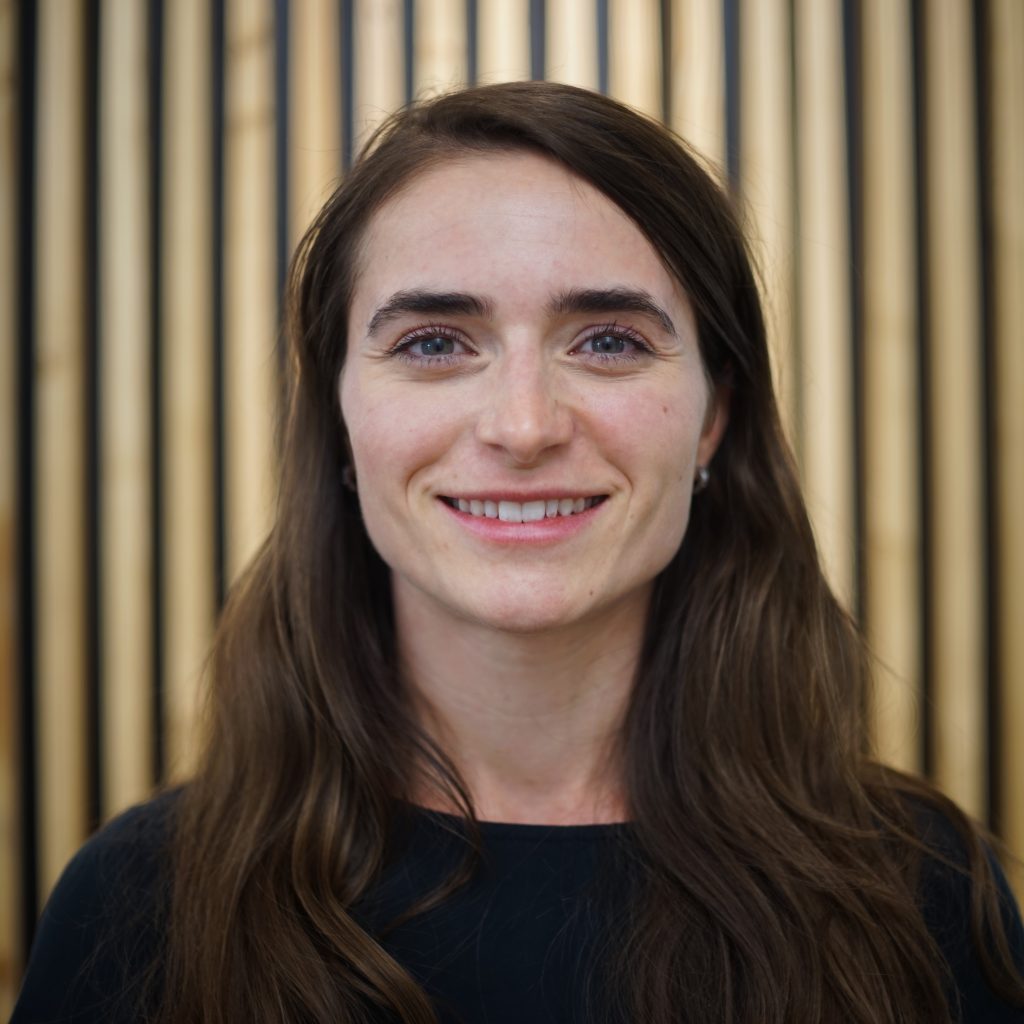
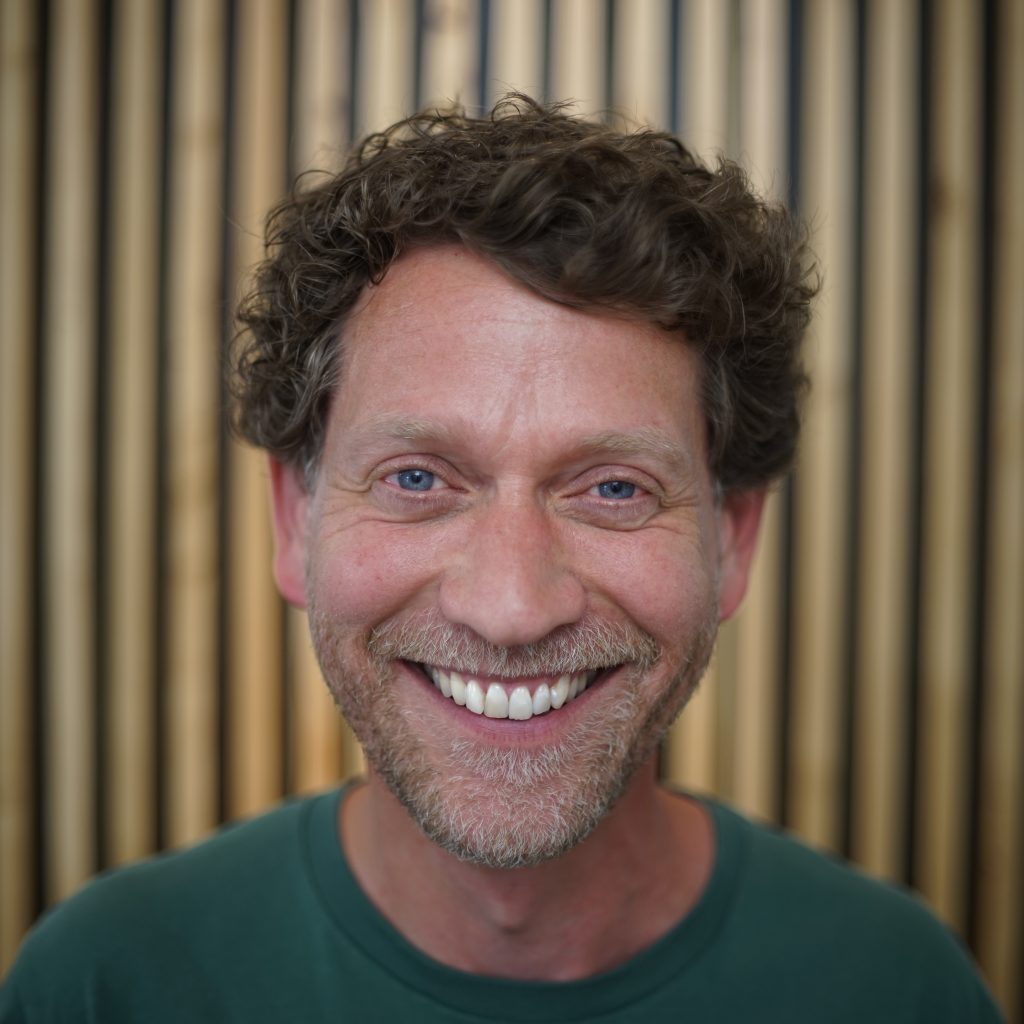
Frank became part of the HPI Seed Fund management in October 2020. He is also Director of the School of Entrepreneurship at the Hasso Plattner Institute in Potsdam following the goal of supporting a new entrepreneurship in Europe through outstanding startups from the digital university environment.
Previously, Frank founded the successful Berlin-based company ubitricity in 2008, which develops solutions for charging and smart grid integration of electric cars to limit climate change, e.g. by charging at street lamps, and was acquired by Shell in 2021. Frank’s entrepreneurial spirit was sparked as a high school and college student by numerous stays in Sillicon Valley, where as a software developer he was fascinated by the open and inspiring startup ecosystem.
Before founding his own company, Frank first completed a legal education in Mainz, Frankfurt, San Francisco and Auckland (New Zealand), which he finished with a doctorate and an international master’s degree. He then worked for several years as a lawyer in leading international and national law firms, where he advised large and medium-sized companies, primarily in the high-tech sector. Since 2018, Frank Pawlitschek has been president of the Berlin-Brandenburg Energy Network (BEN). In addition, he is frequently involved as a mentor for young founders.
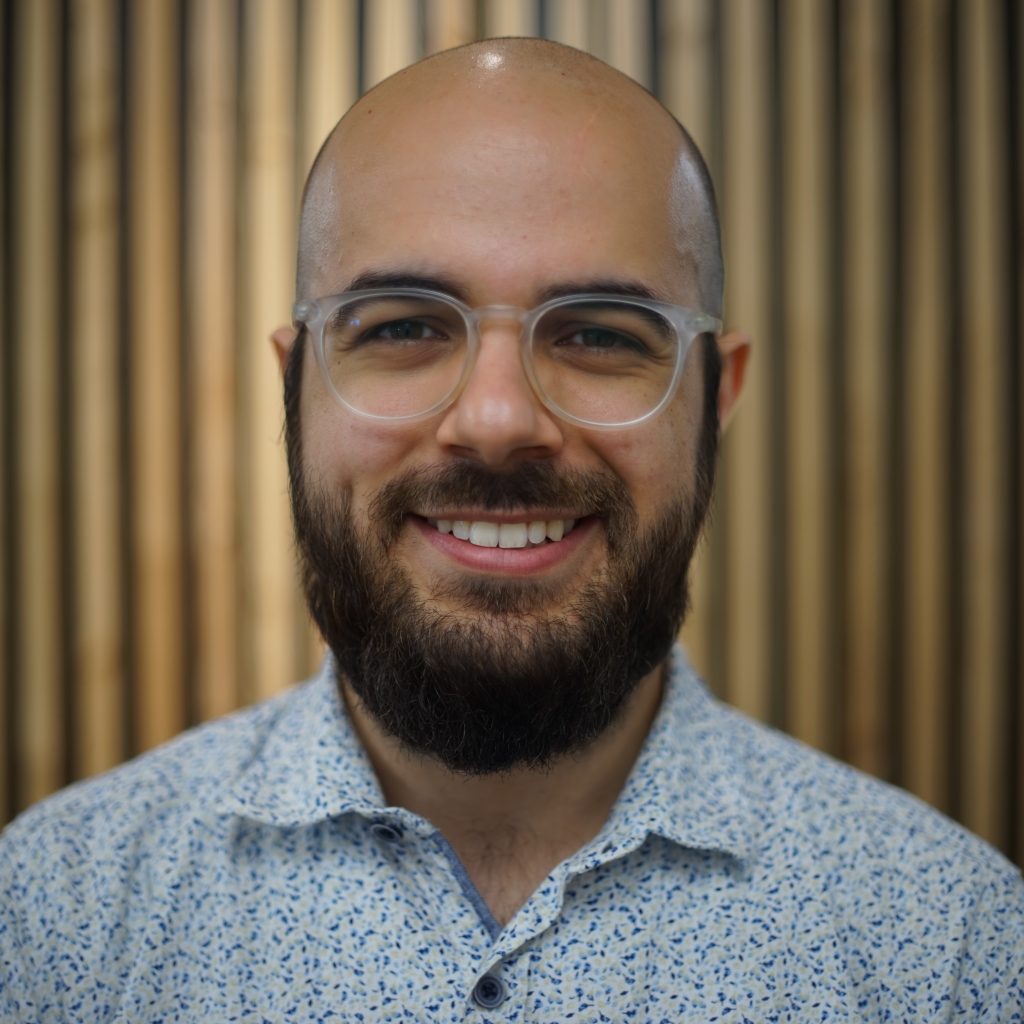
Tolga has joined HPI Seed in October 2020 and is an expert in Data Science, Machine Learning, and Digital Entrepreneurship. His role at HPI Seed is focused on coaching and supporting our portfolio startups as well as preparing new teams for financing.
Tolga has studied Industrial Engineering at TU Berlin (B.Sc. and M.Sc.) and has completed an additional Double Degree in Data Science und Entrepreneurship (M.Sc.) at EIT Digital Master School, including abroad studies in Istanbul and Madrid. He has focused on topics like B2C technology acceptance, project management, data science and machine learning.
During his studies, he has spent significant time with entrepreneurship and gained work experience in multiple startups in Berlin, initially in sales and operations, afterwards as data scientist and machine learning engineer. Afterwards, he has worked in management consulting for multiple years as an expert in data science and machine learning.

[Former Portfolio Company]
The Feram GmbH develops Feram, a service that finds programming errors in source code and proposes fixes.
Usually, the correction of such errors not just takes a lot of efforts and time, but errors can also introduce severe security vulnerabilities into a software and thereby cause massive damage for a company. By continuously monitoring all changes of a software Feram can can already detect errors during the development cycle and propose highly relevant improvements to developers.
The Feram GmbH was founded by the HPI alumni Adrian Sieber and Benjamin Karran in February 2017 after they had won the 4. HPI Business Plan Competition in fall 2016.

Datarade’s mission is to organize the universe of external data and make it easily accessible to organizations across the globe. Datarade’s platform empowers companies and data professionals to easily discover, compare, and connect with more than 1,500+ data providers across 80+ data categories. Enterprises – with hundreds of external data sources – use Datarade to track and optimize their external data spend, usage, and compliance. On the other side, the platform enables data providers to reach potential data customers and build trusted data partnerships.
Datarade was founded in Berlin in 2018 by Thani Shamsi, Florian Rösler, and Richard Hoffmann. The company is backed by High-Tech-Gründerfonds (HTGF), SAP.iO Foundry powered by Techstars Accelerator, and the Hasso-Plattner-Institute (HPI) Seed Fund.

ThinkSono have created the world’s first software to diagnose ‚deep vein thrombosis‘ (DVT) at the point of care. DVT is caused by a blood clot in the leg and is responsible for 800,000 deaths in Europe and USA. It’s the number one preventable cause of death in hospitals and costs Europe €3 Billion and the US $15.5 Billion.
Foad Al-Noor and Sven Mischkewitz met during the six-month Entrepreneurship First Program in London and founded ThinkSono in November 2016.
Sven is a Software Engineering graduate from Hasso-Plattner-Institute, Germany. Before founding ThinkSono, he worked on annotation tools for brain cells on projects for the Max-Planck-Institute for Brain Research. He focused on the field of Human-Computer-Interaction during his studies. Sven practices traditional Okinawan Karate for over 15 years earning himself two black belts.
Fouad has a masters in Electronic Engineering with Nanotechnology from the University of Southampton and worked as a research assistant at Imperial College London before joining Entrepreneur First. He wrote his thesis on paper-based medical diagnostics using image processing. Being a multilingual, he was born in Iraq, is a Norwegian national and lived in England for over 10 years.

Voize is the digital voice assistant for medical documentation. Every day caregivers and nurses spend over 2.5 hours on medical documentation. We help them finish it in minutes:
Caregivers can speak the documentation freely into a smartphone and the voize AI automatically generates structured documentation records. We transfer these documentation records into their existing electronic health record system (EHR). In this way, voize can reduce the amount of work involved in documentation and put the people in need of care in the foreground. voize makes everyday care easier, improves the quality of documentation and allows care facilities to position themselves as attractive employers.
voize was founded in February 2020 by the three HPI IT-Systems Engineering students Erik Ziegler, Marcel Schmidberger, and Fabio Schmidberger.
[Former Portfolio Company]
Adento is a tablet-based software solution for dentists. Adento helps dental practices make their patient consultations more professional and makes meeting all legal requirements for documentation easy. By integrating into existing infrastructure and improving process efficiency, Adento frees up time for dentists to focus on what matters most to them: Dental work.
Adento was founded in early 2016 by HPI Alumnus Julien Bergner, Bijan Negahbani and Simon Toennies with the mission to make dental software simpler, faster and more efficient. Adento is being used in dental practices in Berlin, Potsdam and Hamburg since June 2016.
[Former Portfolio Company]
TalentSpace is a curated recruiting marketplace that connects jobseekers directly and efficiently with current employees at their dream companies, thereby enabling them to get personalized insights, guidance and support throughout the recruiting process.
On TalentSpace machine-learning algorithms are being used to match job seekers with current employees, based on their personal and professional backgrounds.
TalentSpace was founded in August 2017 by Marco Eylert, Jason Reich and HPI alumnus Markus Dücker.

Auratikum is a SaaS solution that enables scientists funnel thoughts into intellectual innovation by providing a structured and repeatable end-to-end process for academic writing, which is influenced by Niklas Luhmanns ‘Zettelkasten’ method. Thereby making the use of different tools for reference management, note taking, writing etc. obsolete.
On one hand the product guides inexperienced undergraduate students through the process of writing their first scientific papers. On the other hand it also provides powerful tools for professional researchers to capture their knowledge in one central location which allows them to publish their research more efficiently.
Auratikum was founded by Björn Wagner, David Eickhoff and Richard Ottinger in 2018. David and Björn are alumnis of the Hasso Plattner Institut and founded a IT-Service company before starting Auratikum. Richard is a PhD Candidate in Catholic Theology at the University of Osnabrück, where he specializes in the field of media ethics.

Gemedico GmbH develops the first teleradiology software as a service. The entire process and the associated documentation are covered. The aim is to eliminate the currently used analog technology and the associated additional effort. Gemedico GmbH relies on a high-security data center for its services and would like to achieve high availability through its modular infrastructure. The teleradiologists are supported by artificial intelligence in the preparation of their findings in order to achieve a high level of precision even at night.
Gemedico GmbH was founded in June 2019 by Nils Blaumer and the IT systems engineering student.
David Matuschek.

Cinuru Research offers the cinema loyalty app Cinuru for moviegoers and based on that a data driven CRM solution for the movie industry. The Cinuru app combines the benefits of a bonus card with the possibilities of a movie app making cinema personal and digital. Data analysis enables more efficient movie marketing and direct communication between cinema and moviegoer.
Based on the latest research in recommender algorithms Cinuru can segment moviegoer taste, to provide far more precise target group segmentation than traditional approaches which are solely based on demographical data and gives the movie industry valuable insights into their customer’s preferences.
Cinuru Research is an academic spin-off from the HPI and the Film University Babelsberg Konrad Wolf. The basis for Cinuru’s algorithms was established in the master thesis about predicting movie success with recommender algorithms by HPI Alumnus Paulo Ruhrländer, under the supervision of Prof. Dr. Hasso Plattner, Dr. Matthias Uflacker and Martin Boissier. The team of five has experience in data science and app development as well as in movie production and distribution and envisions a digital future for the movie industry.

[Former Portfolio Company]
STOMT develops a holistic approach for gathering, managing and automating customer feedback. By simplifying the whole process for those who are supposed to give feedback as well as the recipient, 10X more data and feedback is collected while costs for processing are reduced. Thereby, STOMT creates anonymous user profiles which are converted into real users on STOMT.com over time. Those additional customer relationships can be used to win back lost customers, to up-sell and to reduce the companies churn-rate.
STOMT makes use of knowledge and lessons learned from EWOM-research (needs of modern users) as well as advertising (priming). An own standard for feedback has been developed to create a brand for feedback as well as for gaining computational advantages. Through Machine Learning and Natural Language Processing, STOMT learns the language of each company’s community and the company’s behaviour and is thereby aiming for automating the customer dialog.
The vision is to be the global standard for customer wishes and feedback.
STOMT was founded in August 2016 by Philipp Zentner and HPI-student Max Klenk.

kern is aiming to build the full-stack for data-centric AI. Their first product is a development tool used by data scientists and subject matter experts to scale data labeling, a task which transforms unstructured, raw data like emails or texts into AI training data. With their application, kern reduces the effort of doing so from months to few days or even hours, while improving the data quality. Ultimately, this significantly improves the quality of AI models, while shortening the dev cycle.

craftdrive GmbH develops koppla, the first cross-company and cross-process communication platform for the construction sector. On craftdrive information like order specifications, time tracking, reference photos and deficiency records can be exchanged in and between construction companies in real time. Using add-on modules and a marketplace approach, construction companies can customize its use according to their individual requirements.
craftdrive uses state-of-the-art technologies (e.g. GraphQL, Serverless Architecture, Flutter) to address the challenges of the conservative construction sector through process innovation. With an extremely scalable architecture, we can react quickly to constantly changing requirements.
craftdrive was founded in April 2020 by Marco Trippler, Jerome Lange and HPI alumnus Lasse Steffen, who completed his Bachelor’s degree in „IT Systems Engineering“ at HPI in spring 2020.
craftdrive GmbH develops koppla, the first cross-company and cross-process communication platform for the construction sector. On craftdrive information like order specifications, time tracking, reference photos and deficiency records can be exchanged in and between construction companies in real time. Using add-on modules and a marketplace approach, construction companies can customize its use according to their individual requirements.
craftdrive uses state-of-the-art technologies (e.g. GraphQL, Serverless Architecture, Flutter) to address the challenges of the conservative construction sector through process innovation. With an extremely scalable architecture, we can react quickly to constantly changing requirements.
craftdrive was founded in April 2020 by Marco Trippler, Jerome Lange and HPI alumnus Lasse Steffen, who completed his Bachelor’s degree in „IT Systems Engineering“ at HPI in spring 2020.

[Former Portfolio Company]
NeXenio GmbH offers IT services as well as product development and the operation of IT applications and services in the area of cloud storage, real-time collaboration, social media analytics, and data mining. NeXenio presents a cloud solution with nexboard that combines design thinking with global collaboration and provides a unique opportunity for a shared work experience. From what started with simple post-its and went on to become integrated video transmission, neXboard facilitates the smooth interaction between, for example, product development and consulting.
NeXenio specializes in development and co-innovation in the area of high security. Together with the German Federal Printing Office (Bundesdruckerei), neXenio developed a secure cloud storage that splits all encrypted files into separate “puzzle pieces.” This innovation opens up a completely new way for companies to store their confidential data in the cloud. Additionally, neXenio specializes in scalable systems and Big Data analysis — for instance the requirement analysis of millions of social media posts.
The two founders of neXenio, Patrick Hennig und Philipp Berger, began their research work at the HPI Chair of Internet Technologies and Systems led by Prof. Christoph Meinel.

[Former Portfolio Company]
Lana Labs GmbH developed LANA, the first software for the automated targeted/actual comparison of business processes. LANA makes it possible to quickly localize fact-based savings and optimization potential and to discover any compliance deviations. The process analytics technology supports companies in implementing a continuous improvement strategy of their processes.
LANA is based on the most current technology in process mining research. The software builds on innovative process mining algorithms and uses state-of-the-art Big Data technologies to handle even the largest data sets.
Lana Labs GmbH was founded in April 2016 by Karina Buschsieweke and two HPI alumni, Dr. Thomas Baier und Dr. Rami-Habib Eid-Sabbagh, who received their doctorates in the Business Process Technology Group under the direction of Prof. Weske.